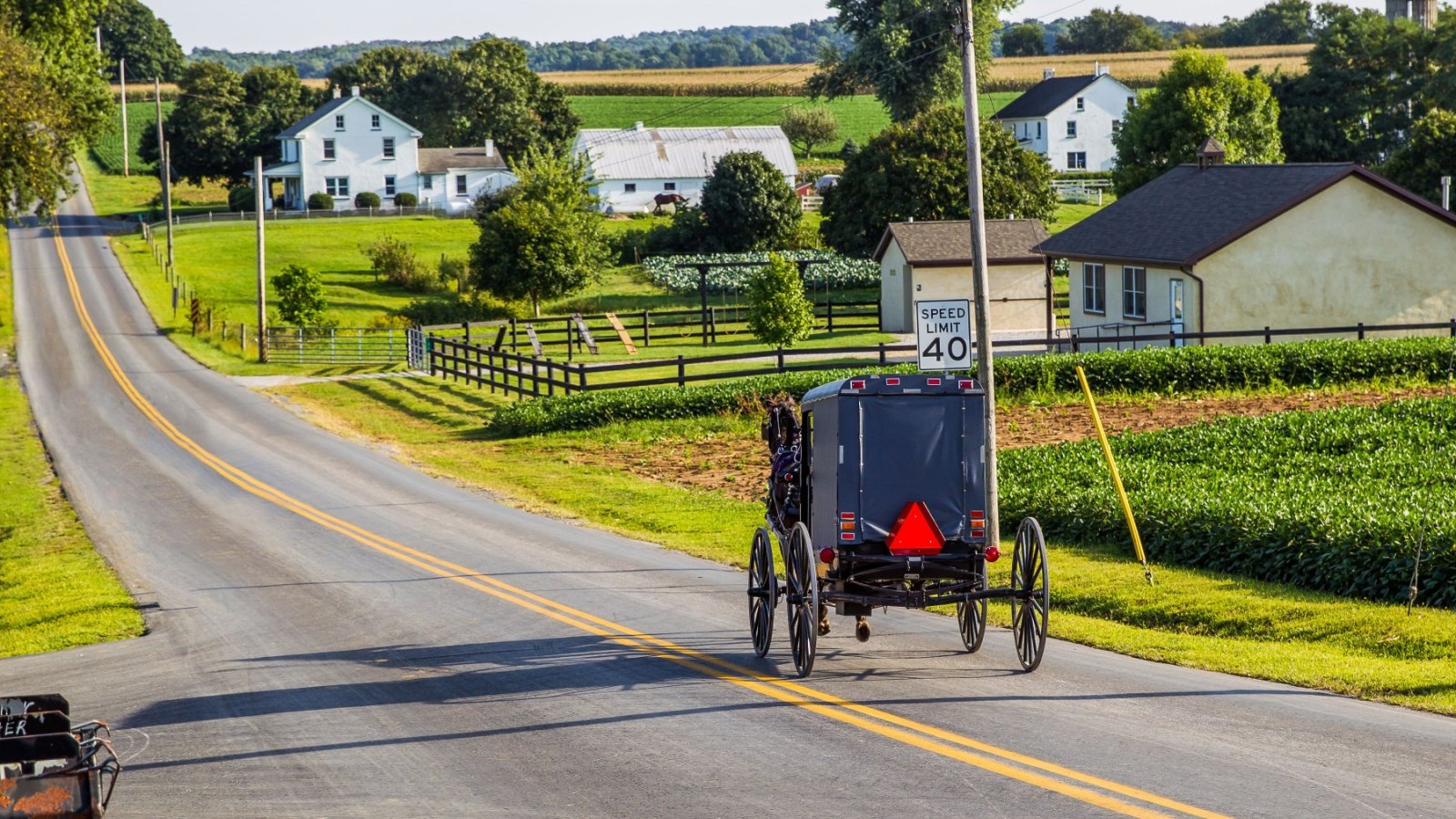As technology advances, many once-necessary professions have become obsolete, fading into the annals of history. Let’s take a look back at the respectable jobs from decades past that we now only encounter in literature and history books.
Soda Jerk

Soda jerks operated soda fountains in drugstores, creating elaborate ice cream sodas and milkshakes. As fast-food chains and modern cafes grew, the demand for soda jerks declined. While some retro diners keep the tradition alive, it’s largely for nostalgic appeal.
Watchmaker

Historically, watchmakers were highly esteemed craftsmen, intricately designing and assembling watches with precision. With the mass production of watches and the advent of digital technology, traditional watchmaking has become reserved only for luxury or artisanal markets.
Chimney Sweep

Once a symbol of good luck and an essential part of urban living, chimney sweeps clean soot and ash from chimneys to prevent fires. Modern heating technologies and stricter building codes have greatly reduced the demand for chimney sweeping.
Lamplighter

Lamplighters once lit the gas streetlamps of urban evening landscapes. As electricity became widespread, these positions faded into historical novelty. Today, the image of a lamplighter evokes a quaint, almost romantic notion of urban dusk in Victorian times.
Switchboard Operator

Switchboard operators were essential in connecting calls to their proper recipients in the mid-20th century before automated systems took over. Manned primarily by neatly styled professional women, this job required quick thinking and excellent communication skills.
Ice Cutter

Ice cutters harvested blocks of ice from frozen lakes and rivers before refrigeration technology was available. This physically demanding job was crucial for preserving food and providing ice for cooling during warmer months. Modern refrigeration has eliminated the need for natural ice harvesting (thank God!).
Elevator Operator

Uniformed elevator operators once manually controlled elevators, guiding passengers to their desired floors. They provided a personal touch and ensured the safety of the ride. As automated systems became reliable, the charm and necessity of manned elevators declined.
Milkman

Milkmen delivered fresh milk daily to households when refrigeration was not common in homes. With advances in home appliances and changes in consumer shopping habits, this door-to-door service became unnecessary. The milkman belongs to a simpler, bygone era.
Film Projectionist

Film projectionists were responsible for operating movie projectors and maintaining film reels in cinemas. The shift to digital cinema has automated much of this process, reducing the need for human operators. Modern cinemas now rely on digital technology, leaving traditional projectionists in the shadows of history.
Bowling Alley Pinsetter

Before the mechanization of bowling alleys, pinsetters manually reset pins and cleared fallen ones. The job was often held by young boys, who worked swiftly between the lanes. Modern automatic pinsetters have replaced this labor-intensive job.
Typewriter Repairman

Typewriter repairmen were in high demand when typewriters were the primary means of producing written documents. As computers took over, the typewriter faded away. This job has now been replaced by IT support and computer repair services.
Telegraph Operator

Telegraph operators transmitted messages using Morse code across long distances before the advent of telephones and emails. This role was critical for communication, especially in remote areas. This outdated technology has gone the way of the dodo.
Video Store Clerk

The iconic video store clerks from the 1990s managed rentals and sales of VHS tapes and, later, DVDs. The rise of streaming services has all but obliterated the brick-and-mortar video rental business, which still hold a special place in the hearts of those that frequented them.
Pager Manufacturer

At the height of their popularity, pagers were a staple for on-the-go communication, especially in the medical field (or any job associated with drugs). With the rise of mobile phones, pagers became nearly extinct, along with the jobs related to their production.
Hat Maker

Traditional hat makers, or milliners, once played a vital role in fashion, especially when no outfit was complete without a hat. As fashion trends moved away from daily hat-wearing, the demand for bespoke headwear diminished.
Court Herald

Court heralds once announced the arrival of dignitaries and proclaimed significant news in royal courts. As modern communication channels developed, the ceremonial role of heralds in court became unnecessary. This job has largely transitioned into ceremonial roles during specific historical reenactments (think Ren Fest or Medieval Times) or state functions.
Human Alarm Clock

Known as “knocker-uppers,” these workers went door-to-door, waking people up for work before alarm clocks were affordable or reliable. Long sticks or pebbles were used to tap windows, and they were essential for ensuring workers arrived on time.
Gandy Dancer

Gandy dancers were manual laborers who laid and maintained railroad tracks in the early days of rail transport. This backbreaking work required precise teamwork and rhythm to align tracks. Today, machines perform what was once excruciating manual labor.
Log Driver

Log drivers transported logs by floating them down rivers from forests to processing areas before the development of modern transportation infrastructure. Trucks and trains now handle log transport.
Lector

Lectors read literature and newspapers aloud in cigar-rolling factories to entertain workers. This job was important for morale and information dissemination among factory workers who needed to keep their hands free for work. Radios eventually replaced this function.
Pony Express Rider

Pony Express riders delivered mail across vast distances before the telegraph and reliable rail systems. Their job was perilous and essential for cross-country communication. The completion of the transcontinental telegraph rendered the Pony Express obsolete in just 18 months.
Buggy Whip Manufacturer

Buggy whip manufacturers were essential during the horse-drawn carriage era. As automobiles replaced carriages, the demand for buggy whips plummeted, making it a textbook example of technological obsolescence.
Newspaper Typesetter

Newspaper typesetters manually set the type for printing presses, a meticulous and skilled job. The advent of digital typesetting and printing technologies has made this manual process obsolete.









Die extrem hohen Umsatzbedingungen, die oft sowohl den Bonus als
auch die Einzahlung betreffen, machen es sehr schwierig, einen Gewinn zu
erzielen und diesen auszuzahlen. Viele Spieler lassen sich von Bonussummen durch
Freispiele, einem Startguthaben ohne Einzahlung
oder integrierte Cashback Angebote anlocken. Diese Liste könnten wir noch um einiges erweitern und beinhaltet wirklich nur
die wichtigsten Bonusangebote. Ein genauer Blick auf die Bonusbedingungen ist unerlässlich, um unerwartete Überraschungen zu vermeiden.
Ohne eigenes Geld einzuzahlen, bekommt ihr Freispiele meistens für bestimmte Slotspiele
ohne Einzahlung oder Anbieter, typischerweise 10,
20 oder 50 Freispiele. Freispiele ohne Einzahlung sind ein Bonus,
bei dem ihr eine bestimmte Anzahl an kostenlosen Spins auf
Online-Slots erhaltet. Ein Bonus ohne Umsatzbedingungen ist risikofrei, da keine Umsatzanforderungen bestehen und das Bonusguthaben direkt verfügbar ist.
Manchmal beinhaltet der erste Teil des Pakets einen Einzahlungsbonus, während der zweite Teil kostenlose Boni enthält.
Viele neue Online Casinos 2025 bieten einen No Deposit Bonus bzw.
Der Bonus kann nur einmal pro Installation der App erhalten werden.
Dabei lernt ihr sämtliche Willkommensbonus Angebote
kennen und erfahrt, auf was ihr achten müsst. Euren Willkommensbonus als Neukunde könnt ihr aber nur einmal empfangen, möglicherweise
mit einem speziellen Bonuscode. Vereinzelt bieten einige
Casinos manchmal Gratisdrehs oder kleine Startguthaben an, wie etwa einen 10 oder 15 Euro Bonus ohne Einzahlung.
Wie schnell ein Casino Bonus nach Erfüllen der Bedingungen vom Casino ausgezahlt wird, hängt immer von den jeweiligen Auszahlungsbedingungen des Anbieters ab.
Ja, faire Bonusangebote sind an realistische und faire Bedingungen gekoppelt.
This netted me $500 on top of my deposit and 100 free spins, thanks to Stay Casino’s 1st deposit bonus worth 100% up to $1,000.
I want to dedicate a huge portion of my review to Stay Casino’s bonuses,
so I’ll get on it right away. Great game library with 4,000+ games
in total? While you can filter the games by provider, you only
see the provider icons, so you’re supposed to know which icon belongs to which provider.
Carry far more weight for me than anything else this casino
offers. But that’s just one of the features I really like about this
casino.
You might also see these as studios, software companies, or game designers.
A game provider is a software company that designs the game.
Game preferences and provider market share will obviously play a part in this choice.
This is a great approach to familiarize yourself with a particular game before you begin to wager on it.
A game of chance relies significantly on a randomization system.
You can find hundreds or even thousands of titles at top online
casinos, with all the features, bonus rounds, free spins, and
anything else you can imagine. Most modern online casino sites have diverse game selections on offer.
They offer opportunities to win real money on slot games without additional deposits.
References:
https://blackcoin.co/aria-resort-casino/
A detailed FAQ section covers common topics like deposits, bonuses, and withdrawals,
helping users solve issues instantly. Certified testing labs regularly audit casino games to verify payout rates and ensure compliance with
international fairness standards. RocketPlay operates under a valid Curacao eGaming licence,
allowing it to provide online casino services legally
to international markets, including Australia.
For clarity, always read the game’s rules and the jackpot terms within the slot’s
paytable to understand eligibility and prize caps.
Customer support can expedite checks if you share screenshots, blockchain transaction hashes or bank statements as requested (hide sensitive digits when appropriate).
Live chat is available to both registered and unregistered
users and is the fastest route for transaction issues,
bonus clarifications and verification queries.
References:
https://blackcoin.co/cashman-slots-10k-free-coins-a-comprehensive-guide/
gamble online with paypal
References:
https://diseotuweb-w9a.com
casino mit paypal einzahlung
References:
https://praylotto.kr/
**mitolyn official**
Mitolyn is a carefully developed, plant-based formula created to help support metabolic efficiency and encourage healthy, lasting weight management.